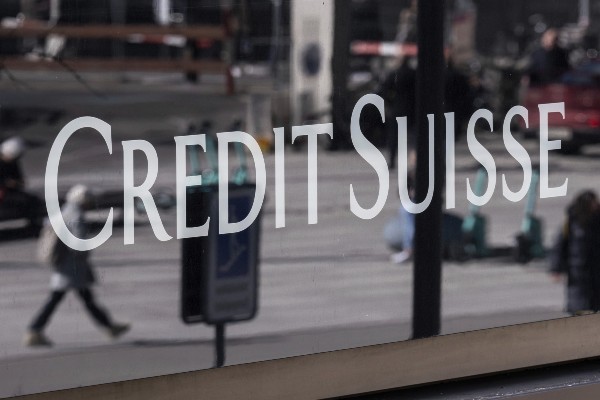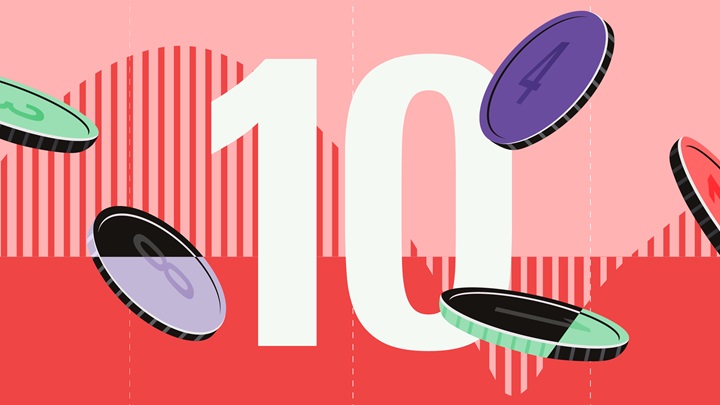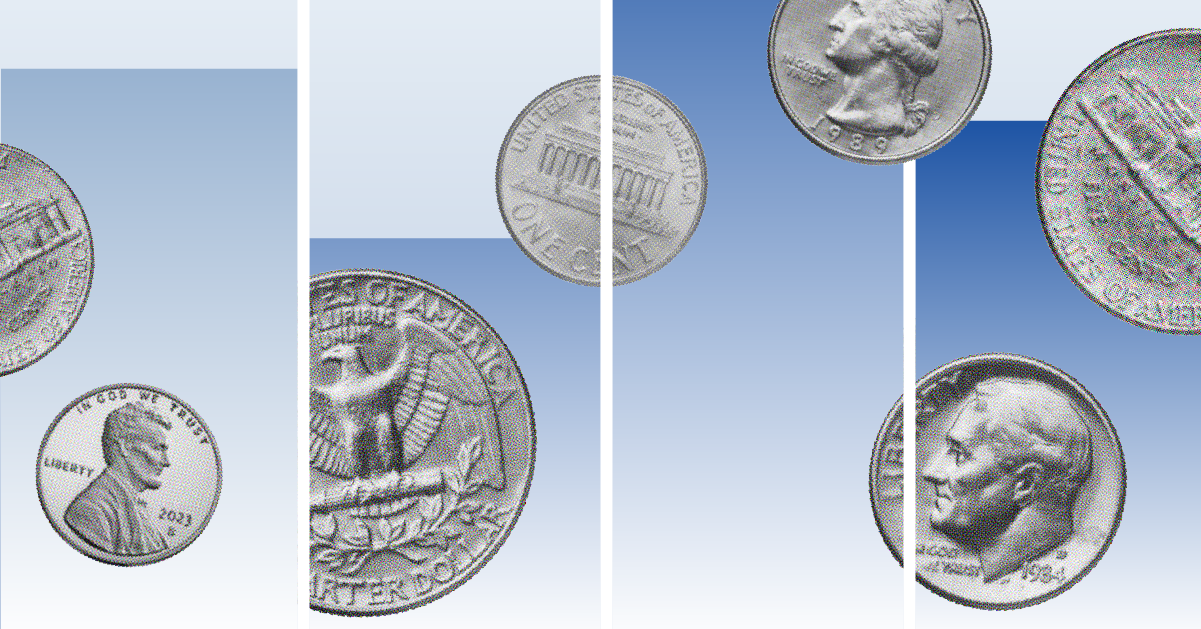
In its century-and-a-half of existing, Credit Suisse supported the industrialization of its alpine homeland, helped position Switzerland as a linchpin of international finance and even went toe-to-toe with Wall Street's investment banking titans. In the past three years, a steady drumbeat of scandals and poor results demolished Credit Suisse's reputation not only as a major global player, but as a worthy competitor of local rival UBS. Let’s work our way through the string of scandals that culminated in Credit Suisse's demise.
February 2020: A spying scandal topples the CEO
Credit Suisse Chief Executive Tidjane Thiam's five-year tenure at the helm ended abruptly on the 7th of February 2020 after an investigation found the bank hired private detectives to spy on its former head of wealth management Iqbal Kahn, who had left to work for UBS just a few blocks away.
Credit Suisse repeatedly played down the episode as an isolated incident. However, Switzerland's financial regulator said the bank had misled it about the scale of the spying. According to the regulator, Credit Suisse planned seven different spying operations between 2016 and 2019 and carried out most of them.
In a rare reprimand, the regulator said there were serious organisational shortcomings at Credit Suisse and that the bank had even tried to cover its tracks by doctoring an invoice for surveillance.
March 2021: Greensill Capital collapses and Credit Suisse loses money
Greensill Capital, a British financial firm specialised in short-term corporate loans via a complex and opaque business model, collapsed in 2021. Credit Suisse was heavily invested in the firm and had to close four connected funds, in which around $10 billion had been invested.
Swiss financial regulator FINMA concluded that the bank "seriously breached its supervisory obligations" and ordered the bank to implement additional reporting and safeguards. It also opened four enforcement proceedings against former Credit Suisse managers.
March 2021: Archegos defaults and Credit Suisse loses money, again
Just three weeks after Greensill met with failure, Credit Suisse lost $5.5 billion when U.S. family office Archegos Capital Management went into default. The hedge fund's highly leveraged bets on certain technology stocks backfired and the value of its portfolio with Credit Suisse plummeted.
"The Archegos-related losses sustained by Credit Suisse (CS) are the result of a fundamental failure of management and controls in CS's Investment Bank and, specifically, in its Prime Services business. The business was focused on maximizing short-term profits and failed to rein in and, indeed, enabled Archegos's voracious risk-taking," the 165-page review by law firm Paul Weiss, Rifkind, Wharton & Garrisson said.
October 2021: A hefty fine over dirty dealings in Mozambique
Credit Suisse was fined $475 million by US and British authorities after it was caught up in a bribery scandal in Mozambique involving loans to state-owned companies.
Credit Suisse made $1.3 billion in loans to the People’s Republic of Mozambique between 2012 and 2016. The loans were supposed to finance maritime surveillance, fishing, and shipyard projects, but were partly diverted for bribes. Mozambique also arranged a loan with Credit Suisse that was kept secret from the International Monetary Fund; when the IMF consequently pulled support, it sent the country’s economy into crisis.
January 2022: The fix-it guy leaves after nine months
Former Lloyds Banking Group CEO Antonio Horta-Osorio was brought in as Credit Suisse's new chairman in May of 2021 to right the ship after the double-barreled failures of Archegos and Greensill. With a reputation for managing successful turnarounds since bringing Lloyds back from the brink in the Global Financial Crisis, Horta-Osorio promised to bring better risk management to the heart of Credit Suisse's culture.
Then he faced accusations of breaking Switzerland's Covid restrictions, including, allegedly, to attend the Wimbledon tennis tournament. He resigned from his position after just nine months. In his time as chairman, he said Credit Suisse's crisis was worse than anything he'd experienced running several banks in his three-and-a-half decade career.
February 2022: The Suisse Secrets data leak
A global media investigation revealed that dozens of international entities, including heads of state, intelligence officials, drug lords and sanctioned businessmen, publicly known for their involvement in human rights abuses, drug trafficking, corruption, money laundering and other serious crimes, stashed away funds in Credit Suisse.
The investigation was based on an extraordinary leak, with data on more than 18,000 bank accounts, collectively holding more than 100 billion dollars. Credit Suisse rejects the allegations.
March 2022: A Bermuda judge's $553 million ruling against Credit Suisse
At the end of March 2022, a judge in Bermuda ruled that former Georgian prime minister Bidzina Ivanishvili was due damages of $553 million due to failures by Credit Suisse Life Bermuda, Credit Suisse’s local life insurance arm.
The court said they were due the damages as a result of a long-running fraud committed by a former Credit Suisse star banker, Patrice Lescaudron. Lescaudron was sentenced to five years in prison in 2018 for abusing the trust of clients and putting in place a fraudulent scheme that brought him tens of millions of francs. He later committed suicide in 2020.
June 2022: Bulgarian cocaine money laundering
In June 2022 Switzerland’s Federal Criminal Court found Credit Suisse and a former employee guilty of failing to prevent money laundering by a Bulgarian cocaine-trafficking ring from 2004 to 2008. The bank was handed down a fine of CHF2 million ($2.1 million).
"The company could have prevented the infringement if it had fulfilled its organisational obligations," the presiding judge said in handing down the verdict, adding that the former employee's superiors had been "passive".
The drug ring allegedly laundered more than CHF146 million through its accounts. The former employee said during court hearings that Credit Suisse continued to manage the funds even after learning about murders and cocaine smuggling allegedly linked to the clients. The bank has denied wrongdoing and said it planned to appeal the decision.
October 2022: Another attempt at a turnaround
The new leadership duo of Chairman Axel Lehmann and Chief Executive Officer Ulrich Koerner pitched a return to Credit Suisse’s Swiss roots as the best way forward. They disclosed a plan to cut 9,000 jobs and managed to raise $4 billion in fresh capital. Most importantly, they planned to carve out the investment banking operations and eventually spin off the revived First Boston unit, the US-based investment bank it acquired in 1990.
As part of the fund raising, Saudi National Bank bought a 9.9% stake through a private placement, becoming Credit Suisse's biggest shareholder.
February 2023: Credit Suisse reports massive outflows
The ambitious plan failed to impress investors, fourth-quarter results showed in February. Customer outflows had risen to more than CHF110 billion ($119 billion) and the bank suffered its biggest annual loss since the financial crisis. The bank's shares fell 15% after the results.
March 2023: Terminal nosedive
-
March 8: Credit Suisse delays its annual report because it received a call from the U.S. Securities and Exchange Commission the night before the report was due. In it, the SEC questioned revisions to cash flow statements from 2019 and 2020, as well as related controls.
-
March 14: When it finally did release its annual report, Credit Suisse admitted to “material weaknesses'' in its financial controls and announced an end to board bonuses. The news came at a time where markets were already fragile, trying to grasp the failure of American regional lenders Silicon Valley Bank and Signature. "Regarding the financial reporting controls issue, it could not have come at a worse time for Credit Suisse. As we have once again seen with the SVB debacle, trust and confidence are everything in banking. Credit Suisse was already under pressure as depositors, and other funding providers lost confidence, leading to substantial client withdrawals in 4Q22, and its cost of funding increased with ballooning CDS spreads”, Morningstar banking analyst Johann Scholtz says.
-
March 15: Bloomberg TV asks the chairman of Saudi National Bank whether it would offer additional financial support to Credit Suisse. His answer is "absolutely not," triggering a panic sale where the lender's shares plummet 24% by day-end.
-
March 16: Credit Suisse shares rebound after the Swiss National Bank threw the lender a CHF50 billion liquidity lifeline. This answered short-term capital concerns, but not the question of how Credit Suisse would stem the exodus of its clients. Earlier that day, clearly regretting the harsh words that tanked the value of his investment, the Saudi National Bank's Ammar Al Khudairy referred to the bank's "sound ratios" and clarified that "everything is fine" at Credit Suisse.
-
March 17: Everything is, in fact, not fine. Credit Suisse caps a week with daily outflows of about $10 billion, The Wall Street Journal reports.
-
March 18: The Swiss National Bank's credit line has failed to restore confidence. Together with Switzerland's financial watchdog Finma, it is brokering a takeover by UBS to shore up Switzerland's financial system, the Financial Times reports.
-
March 19: UBS agrees to take over Credit Suisse for CHF3 billion ($3.23 billion) in stock and agrees to assume up to CHF5 billion ($5.4 billion) in losses. Low-ranking bonds worth CHF16 billion ($17 billion) are wiped out. Shareholders get the equivalent of CHF0.76 per share-- 59% less than what they were worth at the previous close, and less than a tenth of their value at the time of Tidjane Thiam's departure in February 2020.
UBS is the surviving entity in the deal. Credit Suisse's 167-year history has come to an end.
Shares of Switzerland's newly-minted banking behemoth UBS finished their first post-merger trading session up 1.3%. "UBS can extract value from the acquisition and is in a much better position to execute a radical restructuring of Credit Suisse's business than Credit Suisse was,'' according to Morningstar's Scholtz.











.jpg)


















